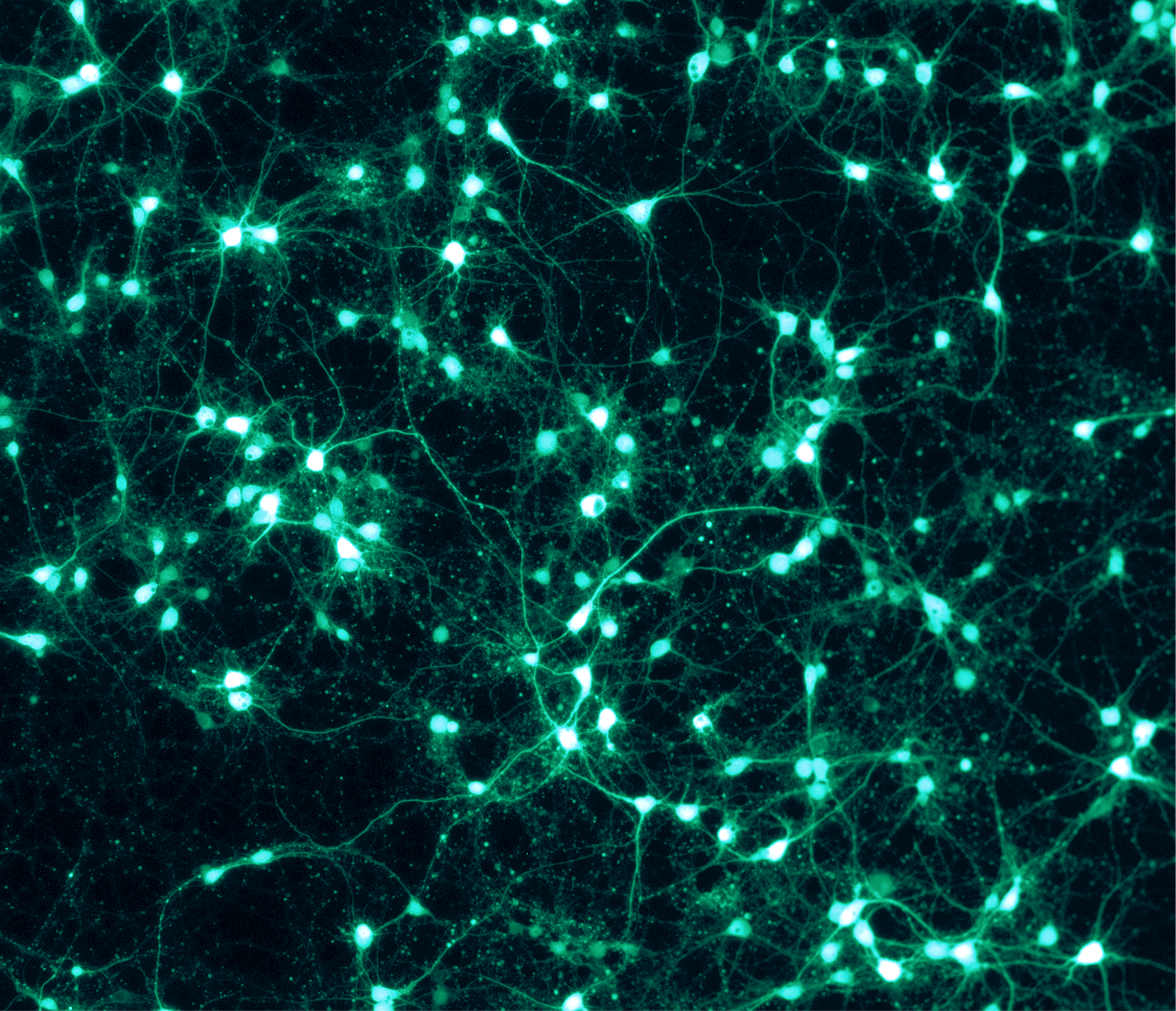The Person in Pain: A Genealogy of Bodily Experience
Matthew Soleiman
History
UC San Diego
This dissertation examines how scientists came to understand pain through personhood and the consequences of this conceptualization for interdisciplinarity, race, and public health. Over the twentieth century, researchers from across the mind and brain sciences reconfigured pain as an experience that was irreducible to injury. It was in the postwar years, I argue, that pain became an integrative state of the entire nervous system—of the whole person, including their thoughts, feelings, and culture. This project traces why and how this shift in the history of the body took place when it did and how it reshaped the practices, institutions, and bodily experiences of the late twentieth century. As I show, a holistic metaphysics of pain grounded the interdisciplinary field of pain studies, the re-racialization of the body, and the increased and racially discriminatory prescription of opioids in North America. In constructing a new history of the present, this project not only challenges dominant portrayals of the neurosciences, but also points to more ethical and racially equitable health policies for the management of chronic pain and addiction.
Image credit: Manuel Schottdorf.

